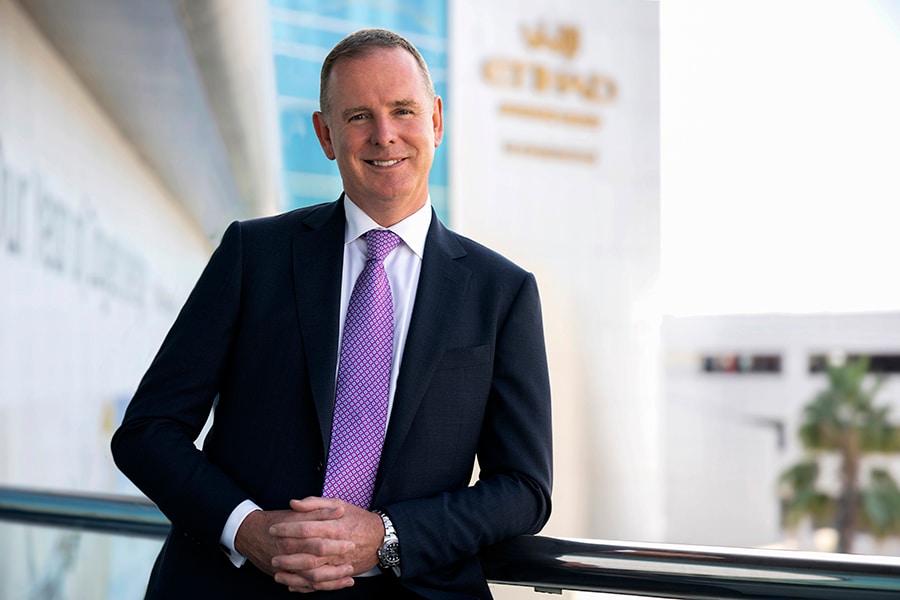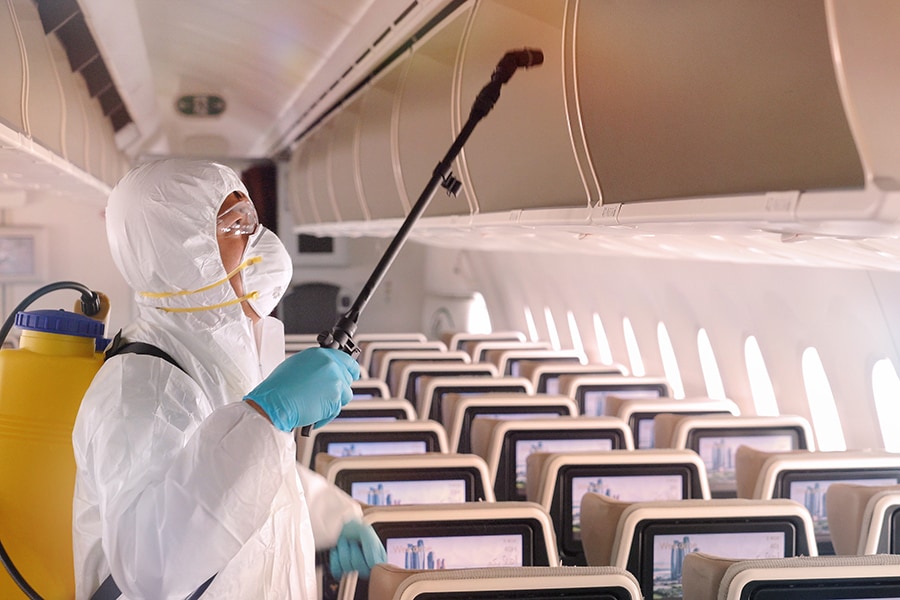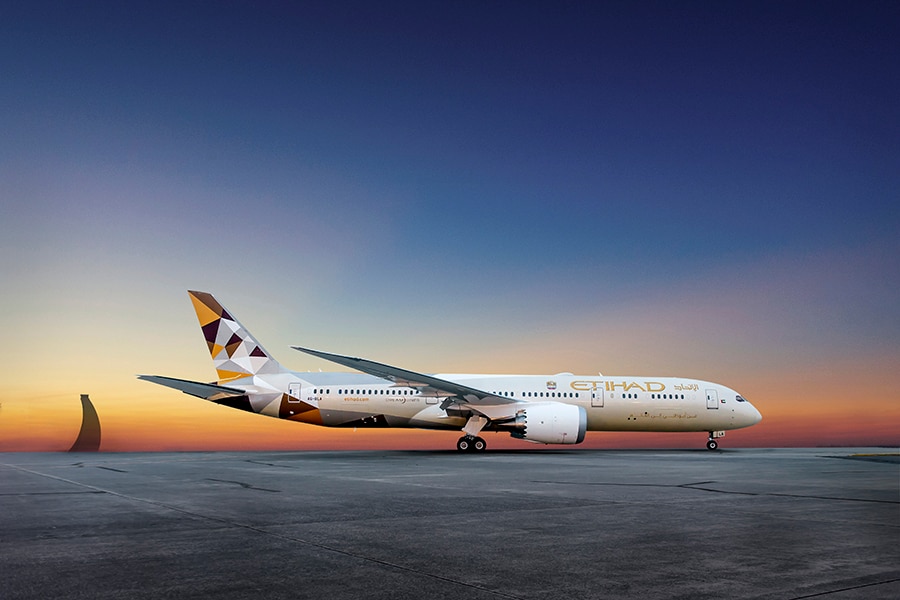
Just like post 9/11, aircraft security and passenger safety is a concern today: Etihad's Tony Douglas
Group CEO of Etihad Aviation Group Tony Douglas says that 2020 is probably a year that will be remembered for the negatives, but you can learn an awful lot from negatives.
 Image: Etihad
Image: Etihad
From compulsory RT-PCR tests to Covid-19 health insurance and PPE kits to air bubbles, the pandemic has drastically altered the way we fly. After the 9/11 attacks in the US, this is another major world event that introduced many new practices and norms in the aviation industry. Many of these practices will become a permanent part of our altered reality of the ‘new normal’.
Tony Douglas, group CEO, Etihad Aviation Group, who took the Covid-19 vaccine shot last month in a programme that administers vaccines to all Etihad employees and their dependents above 18 for free at the Etihad Airways Medical Centre, charts out the future of the global aviation industry for Forbes India.
Q. How has the aviation industry altered after the pandemic and which new practices are here to stay?
Over the last few months, we have seen a new normal in air travel gradually shape up, and through a combination of transformation and innovation, we have adapted to the new reality. Some of these initiatives are here to stay, at least for the near future.
Q. Wellness certification / health visas



 Image: Etihad
Image: Etihad
 Image: Etihad
Image: Etihad




